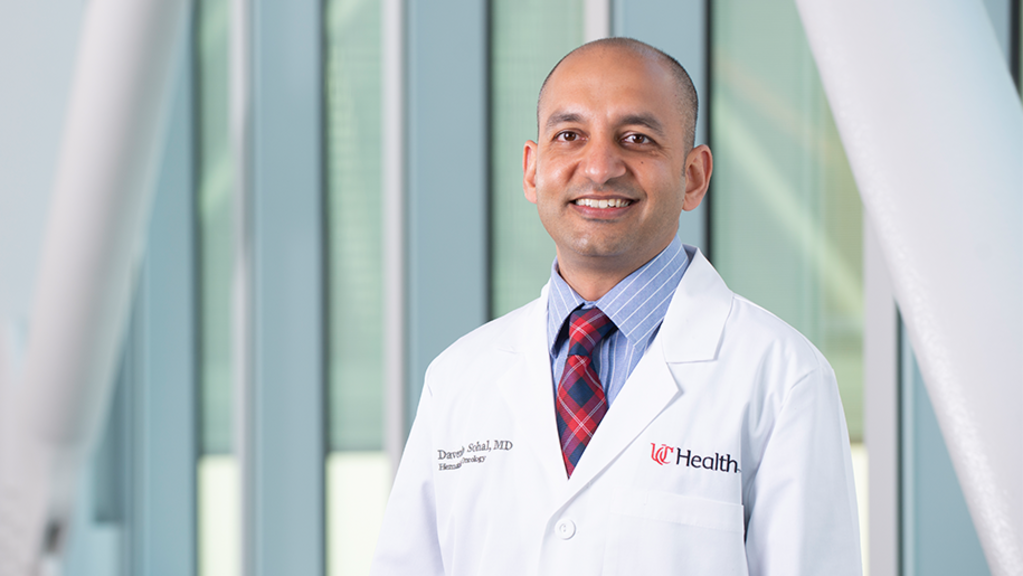They had recently embraced a comfortable pace of life in Cincinnati, relishing the parks of Blue Ash, the welcoming neighborhood restaurants and the community’s many amenities. Life was about family, friendship, and giving back to the community. The simple joys – days spent in the park, shared meals with friends, and moments with their children and grandchildren – brought a rich sense of peace and purpose to their lives. Yet, in January 2023, their lives took an unexpected and life-altering turn.
Ron’s journey began with a routine physical in December 2022, an appointment he and Barb never imagined would change their lives so profoundly. When his blood sugar came back alarmingly high, the doctor diagnosed him with diabetes, a manageable condition but nonetheless a health challenge. Yet, during follow-up testing, a shadow detected on a sonogram raised concerns. His doctors ordered additional scans, and soon after, the devastating news was confirmed: Ron had pancreatic cancer, a fast-growing and often aggressive cancer, which had already spread to his liver.




.png)

.png)


